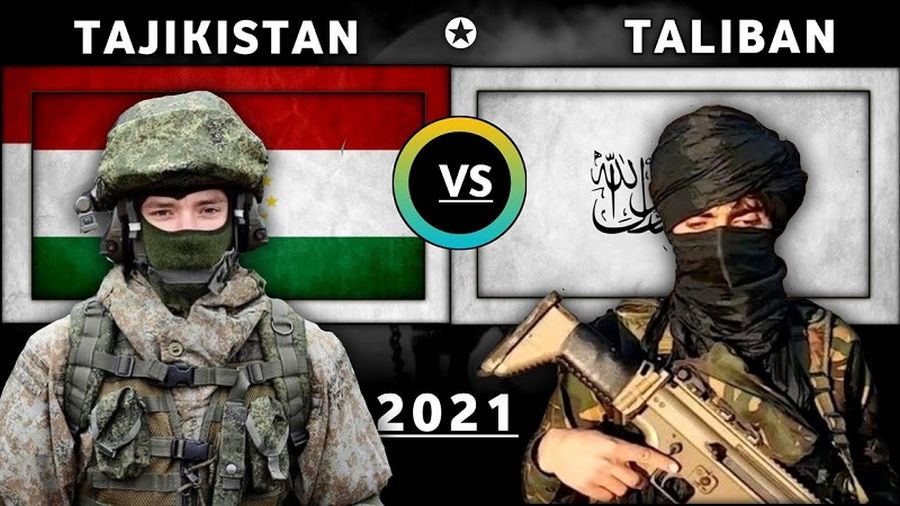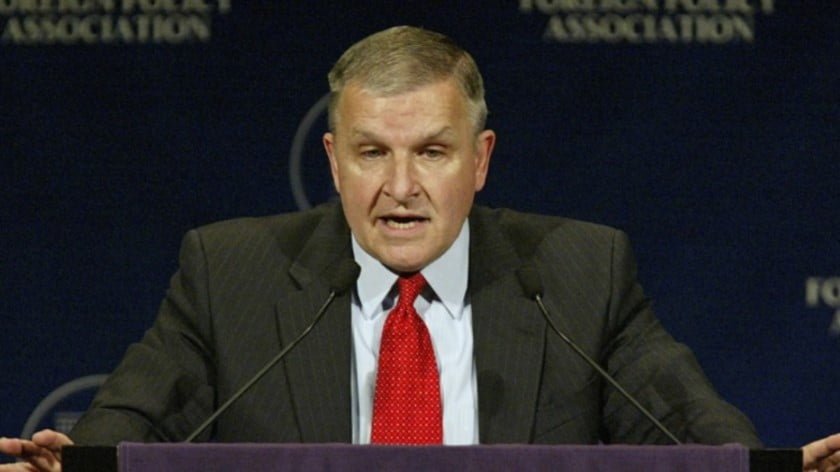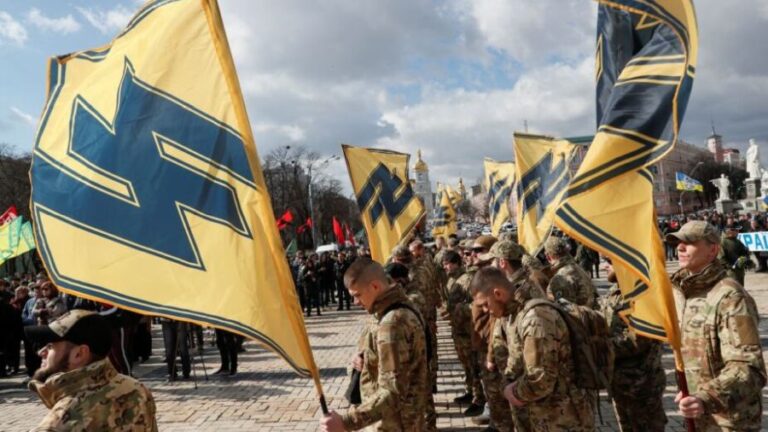Russia Should Step In Regulate Tajik-Taliban Tensions
Russia has to reassure Tajikistan that it’ll remain safe and stable despite neighboring Afghanistan’s de facto Taliban-led government and convince its ally that everyone stands to lose if it provokes a proxy war against that group via the Afghan National Resistance Front whose leader is now hosted by Dushanbe.
Ex-Deputy Governor of the Northern Afghan Province of Panjshir Kabir Wasiq told Russia’s publicly financed international media outlet TASS in an exclusive interview on Monday that Ahmed Massoud, the leader of the self-described “Afghan National Resistance Front” (ANRF), is in Tajikistan but “but sometimes he visits Afghanistan to meet with resistance units in the country’s regions.” Wasiq also revealed that Massoud’s host country “had been providing substantial assistance to the Afghan people in the fight against the Taliban.” The former official’s additional claim that the ANRF “will soon resume fighting against Taliban terrorist groups” suggests that a proxy war might break out between Russia’s mutual defense ally Tajikistan and the de facto Afghan leaders who Moscow still considers terrorists despite pragmatically engaging with them.
The consequences of that happening could be regionally destabilizing, which is why I suggested in late August that “Russia’s Balancing Act Is The Key To Averting Another Civil War In Afghanistan”. I followed this up a few weeks later with another analysis about how “The Russian-Taliban-Tajik Triangle Deserves More Attention”. Both works focused on the peacemaking role that Moscow could play in that country if it leverages its “Ummah Pivot” to that end. The Kremlin is the only regional stakeholder capable of restraining Tajikistan due to its allied relations with its leadership. The Eurasian Great Power fears being dragged into a regional proxy war with the Taliban if Dushanbe activates the mutual defense clause of the Collective Security Treaty Organization (CSTO) in the event that it provokes cross-border attacks from that group through its proxy support of the ANRF.
The ANRF is trying to avert the scenario of Russia interfering with its plans by reaching out to the Kremlin through Wasiq’s latest interview with TASS. He tried to make the case for that country supporting his forces, but he also dishonestly spun Moscow’s reluctance to recognize the Taliban’s de facto government as a form of support for the ANRF. This suggests that no actual Russian support for his group actually exists otherwise he wouldn’t have had to manipulate perceptions about Russian policy like he just did, but he nevertheless hasn’t given up on lobbying for it, hence his interview with TASS. Wasiq is also signaling, whether as a reflection of reality or not, that Tajikistan is ready to support the ANRF’s war on the Taliban by proxy regardless of whether Russia approves. It’s this scenario that should necessitate an urgent Russian diplomatic intervention.
Russia doesn’t control Tajikistan, which still remains a sovereign state despite its pervasive influence in almost all aspects of that country’s society. It’s not as simple as the Kremlin ordering President Rahmon to desist any speculative support that his government might be extending to the ANRF or plans to. Tajikistan can still technically do whatever it wants but it must at the very least be made discretely aware of the consequences of certain actions. Provoking a proxy war against the Taliban that potentially leads to reprisal cross-border attacks would be regionally destabilizing and put Russia in the dilemma of either assenting to its ally’s mutual defense request through the CSTO at the risk of getting dragged into a proxy war with that group or declining to do so at the expense of ruining its reputation as a reliable ally.
Since both outcomes are contrary to Russian interests, it’s best to preemptively avert that scenario in the first place. If that can’t be done, then Russia might have to consider publicly making its displeasure known with Tajikistan’s potentially “rogue” behavior. The impoverished Central Asian state cannot sustain a prolonged proxy war against the Taliban without foreign support, which it might in that case try to solicit from the US, India, and other self-interested stakeholders. New Delhi probably wouldn’t risk Moscow’s ire by unilaterally going against its regional security sensitivities and thus jeopardizing its promising “multi-alignment” policy with the Eurasian Great Power no matter how tantalizing a proxy war against the Taliban might be for its short-term interests. The US, however, is an altogether different story since it seeks to threaten Russian security interests.
America is still actively looking for a regional foothold to host its forces after the humiliating withdrawal that it was compelled to complete in August. Russia insists that it’ll be impossible for it to achieve this objective, especially since CSTO member states like Tajikistan would require the bloc’s consensual approval to host foreign military forces, but that probably won’t stop the US from continuing to reach out to Tajikistan on this by attempting to exploit its anti-Taliban interests. To be clear, the likelihood that it’ll succeed remains minimal, especially when it comes to provoking an intra-CSTO crisis over the issue of Tajikistan potentially hosting US forces despite Russia’s opposition, but it’s still too early to completely dismiss this scenario out of hand considering how everything risks intensifying in the coming future as suggested by Wasiq’s interview.
Russia will therefore have to tread lightly in order to avoid inadvertently pushing Tajikistan away from it and towards America’s anti-Taliban embrace. This will require an extra-sensitive form of balancing that takes into account that country’s interests as well as those of Afghanistan’s de facto government. The Kremlin should seek to communicate to its partners in Dushanbe that the ANRF is serving as a vehicle for regional destabilization through its efforts to entice its host government into provoking further tensions with the Taliban by proxy. This “wild card” is thus being exploited as an instrument of Hybrid War which risks worsening the security situation for Russia. In these circumstances, Tajikistan shouldn’t mistakenly think that it can trick Russia into supporting it through the potential manipulation of the CSTO’s mutual defense clause.
At the same time, however, Russia also can’t abandon Tajikistan either. Not only would thus weaken its first line of defense from Afghan-emanating terrorist threats like ISIS-K, but it would also ruin its reputation as a reliable ally in the post-Soviet space and beyond. The challenge is therefore to strike a balance between these seemingly contradictory interests, which can only be achieved through the efforts of Russia’s world-class diplomats. The ANRF is threatening to throw the Kremlin onto the horns of a dilemma by taking advantage of Tajikistan’s anti-Taliban interests, which it mustn’t be allowed to do. Somehow or another, Russia has to reassure Tajikistan that it’ll remain safe and stable despite neighboring Afghanistan’s de facto Taliban-led government and convince its ally that everyone stands to lose if it provokes a proxy war against that group via the ANRF.







